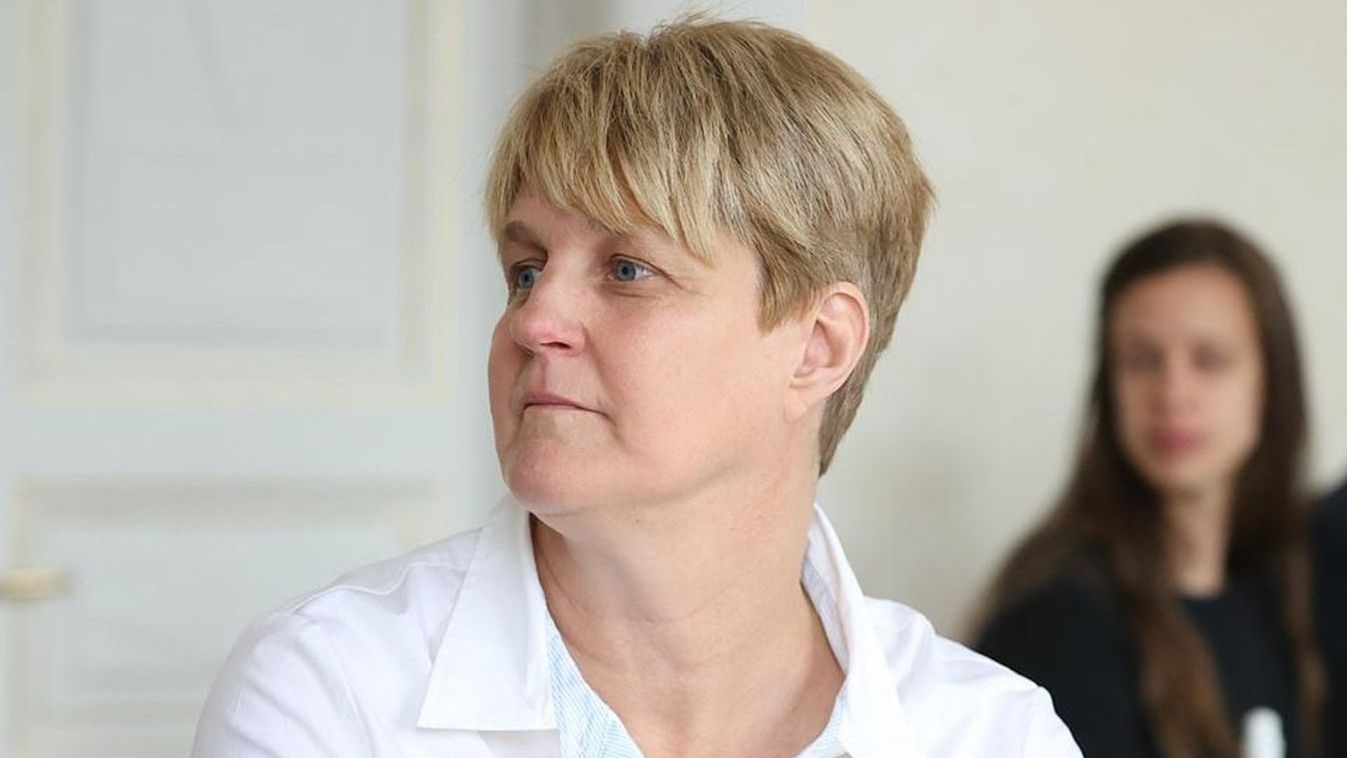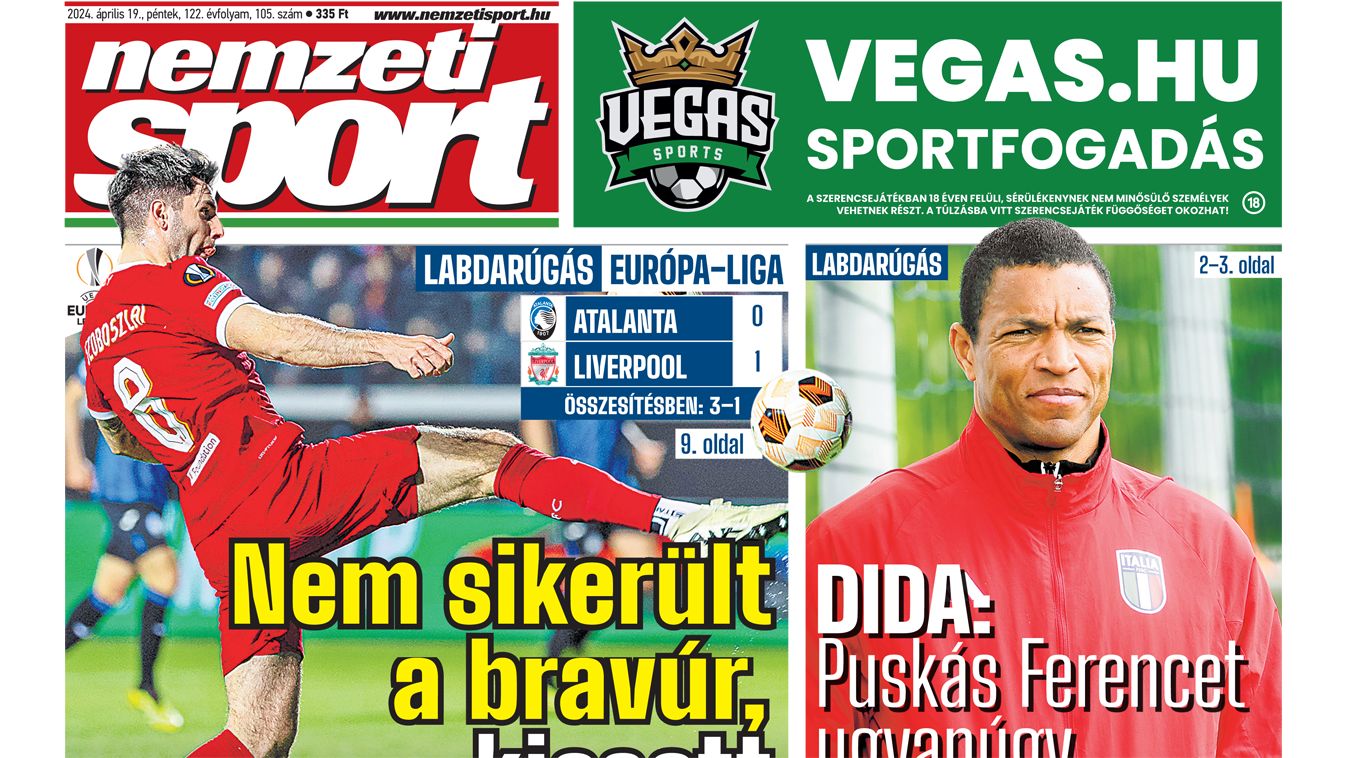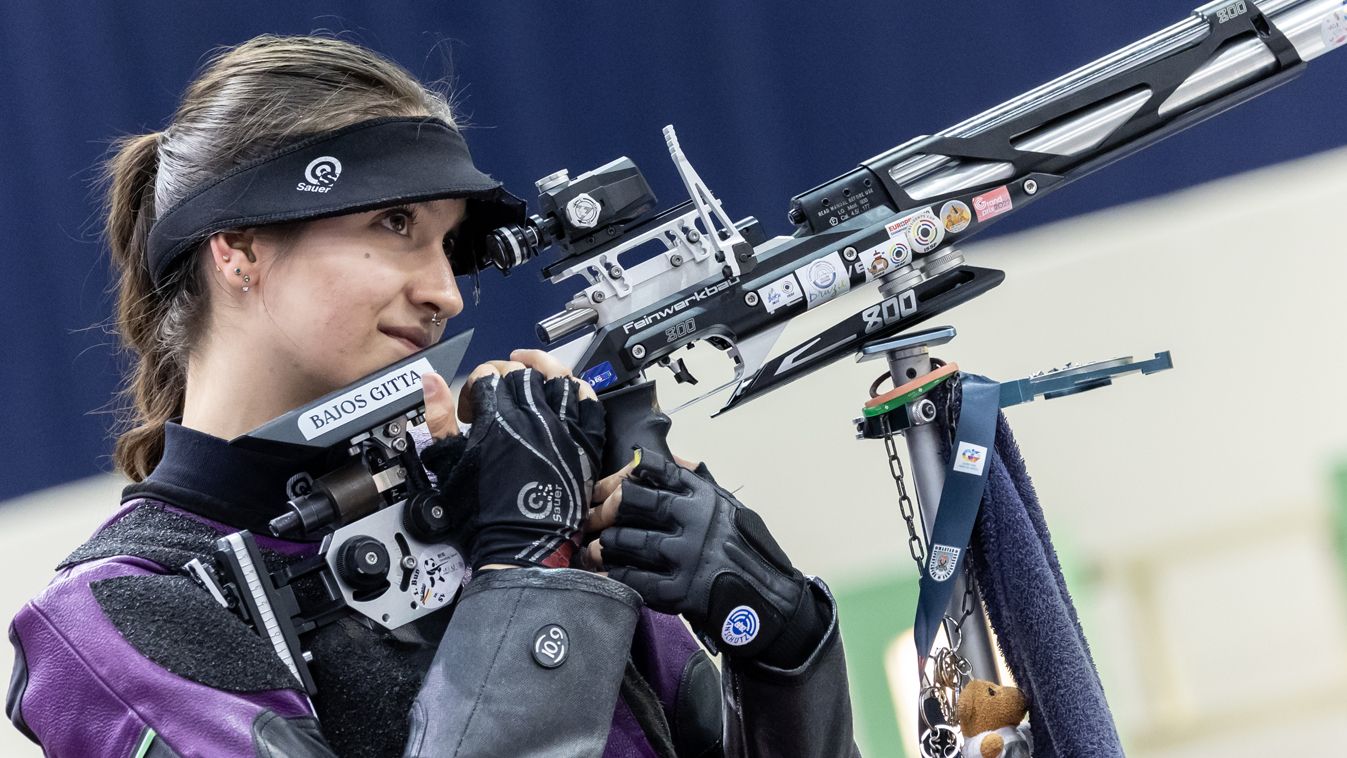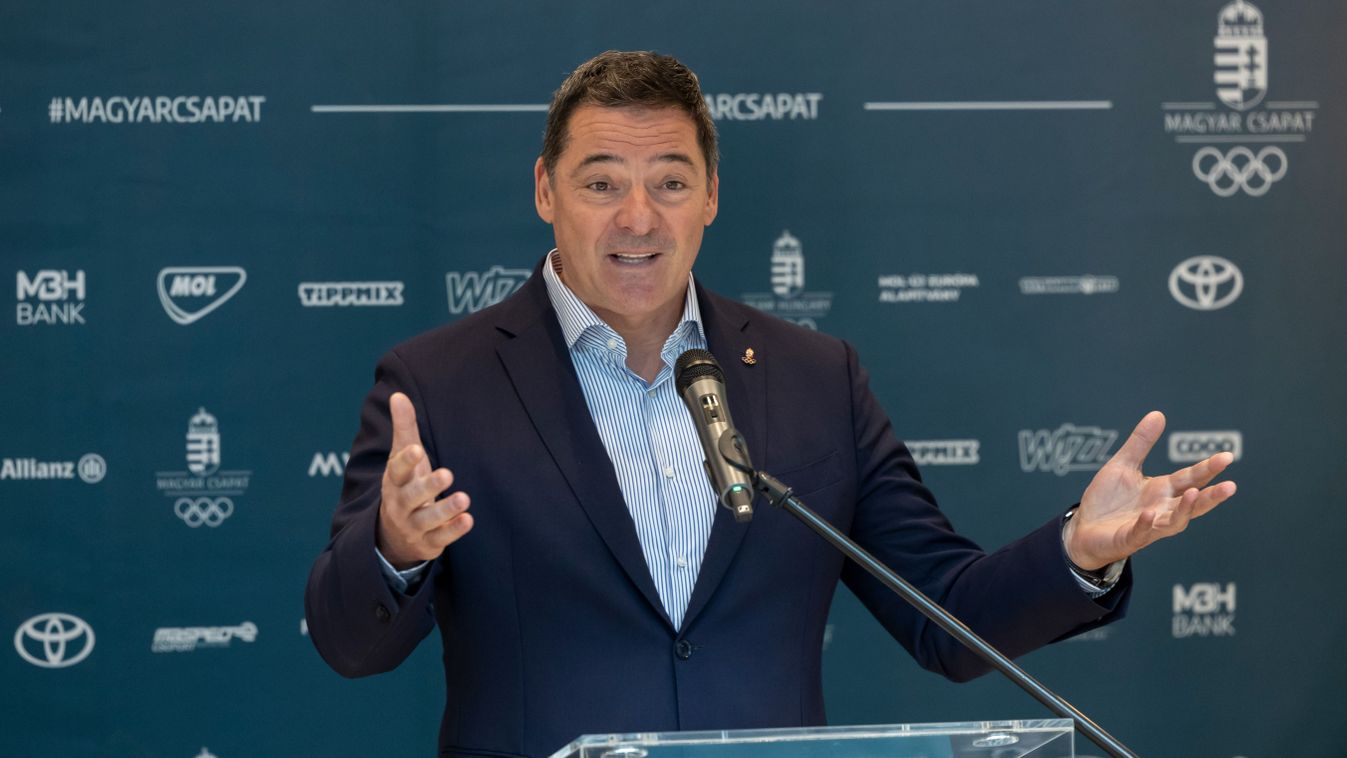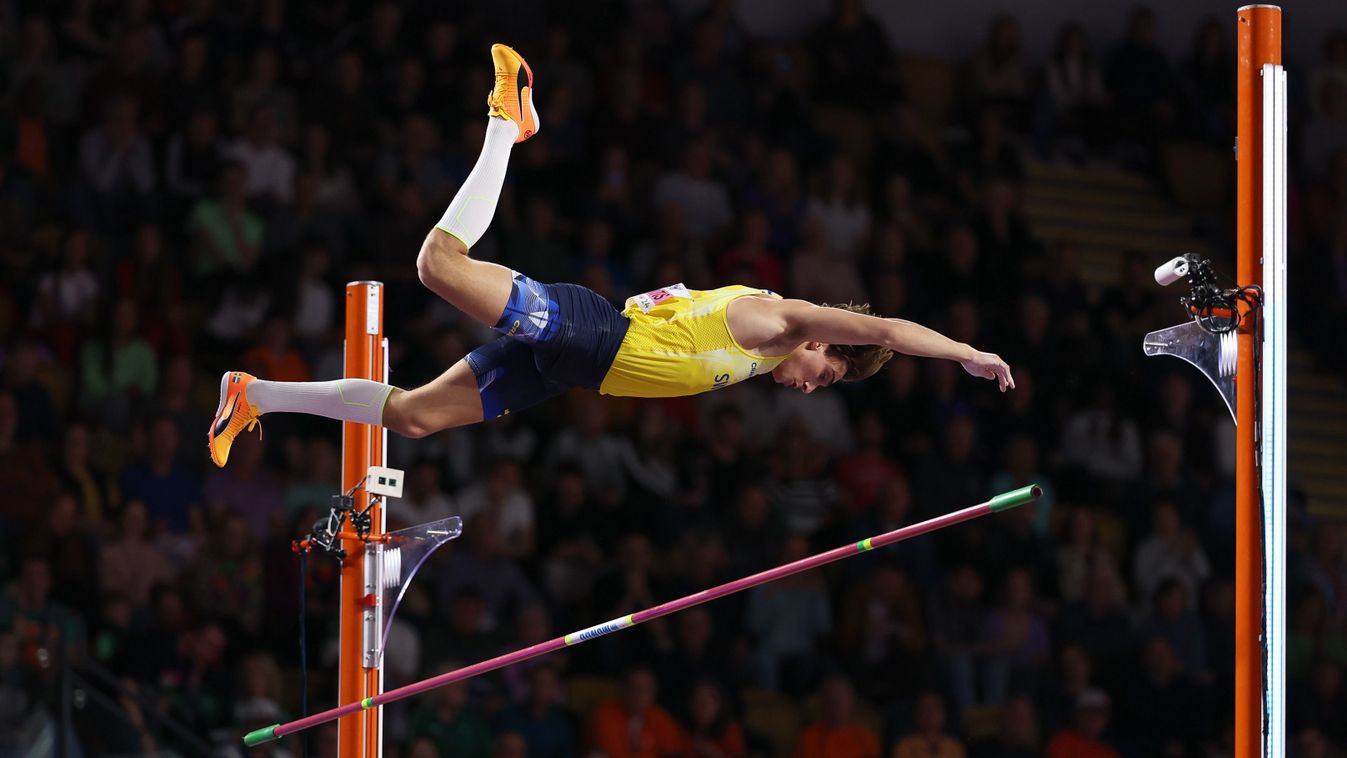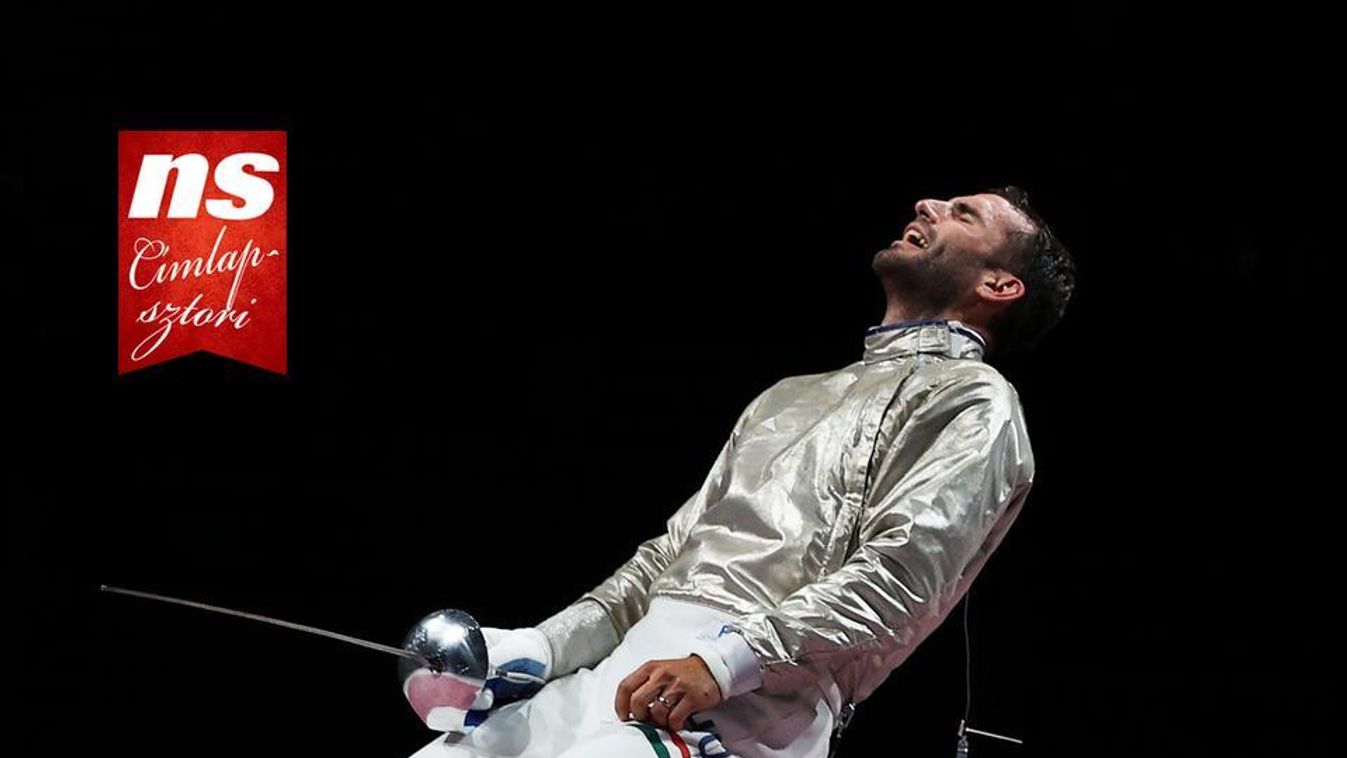
The post-Olympic year is usually a "low-sud" year in the sports world, as the champions usually take a break after the big competition, and the inevitable generational change also takes place during this period. In 2022, however, athletes could barely sit back, as the postponement of the Tokyo Olympics meant that only three years separated the two events. This meant that the cycle was shortened, and there was no time go out of shape, which was reflected in the number of medals won at world competitions. This gives us good hopes for the Olympic qualification period - and the Olympics itself.
HUNGARIAN WRESTLING WAS AT ITS PEAK IN 2022
In terms of medals, Hungarian wrestling has had its most successful year ever: 13 medals at the World Championships and 46 medals at the European Championships, taking all age groups into account. Péter Bacsa, Executive Vice President of the Hungarian Wrestling Federation (MBSZ), said that 2022 was the peak year for Hungarian wrestling because we achieved excellent results in all age groups, which was not always the case. At the European Championships in Budapest, the results were unimaginable: nine medals, which include two gold and two silver and five bronze. The national team's performance at the World Championships in Belgrade was no cause for complaint either: one silver, three bronze medals, and two fifth places. This year's World Championships will also be held in Belgrade, but the stakes are much higher as it will be an Olympic qualifying event and, with the new format, only one of the two fifth-placed medalists will allocate a quota. So, if our athletes perform in Serbia in 2023 as they did last year, it would be reflected in the number of quotas too. The professional director of MBSZ, Péter Bácsi, is hoping for one entry each in the women's and freestyle events, and two or three in the Greco-Roman events.
OUR PENTATHLETES HAVE GOT USED TO THE NEW FORMAT
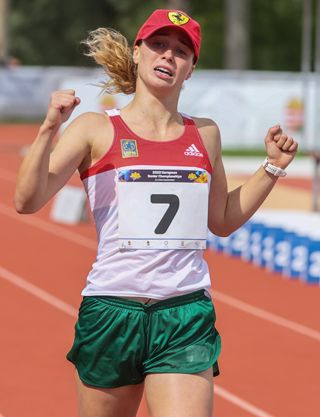
Our pentathletes can look forward to 2023 and the Olympic qualification season with high hopes, as they achieved excellent results in the past year. Our team has adapted well to the new system of a 90-minute final, although it soon became clear that the system favors the youngsters: 37-year-old Ádám Marosi has not performed well, and world champion Róbert Kasza, a year Marosi’s junior, has recently announced his retirement. At the same time, Balázs Szép finished second in the world rankings, winning the World Championship bronze medal in Alexandria and the European Championship silver in Székesfehérvár. Csaba Bőhm was third in the international ranking, but Richárd Bereczki's ninth and Bence Demeter's tenth places are also encouraging, especially as the former became a European champion in Székesfehérvár. In the women's competition, Sarolta Kovács, bronze medalist in Tokyo, Zsófia Földházi and Tamara Alekseev are busy with their babies. Michelle Gulyás is the clear standout among the Hungarians with her 2022 performance: she is the world number one, having finished on the podium in every world competition she has competed in. She has won a silver at the World Championships, bronze medals at the World Cup final and the European Championships and won the World Cup in Budapest. Behind her in the world rankings, Blanka Guzi is the number two Hungarian competitor, and she had a hectic year, too. Sarolta Simon, on the other hand, was a steady finisher, and if Kamilla Réti can get herself together, she could be there too - but even among the competitors enjoying the joys of motherhood, she could return. So, for both genders, the question is who will win the two quotas each per country, rather than whether we will do it.
THERE ARE STILL SEVERAL ACES IN CANOE
Overall, our canoeists had a successful year, so there is reason to be optimistic ahead of the 2023 World Championships in Duisburg - even though K-1 200m champion Sándor Tótka and the K-4 500m gold medal-winning women's team did not compete in 2022 at all. It is a significant blow that Anna Kárász announced her retirement from the quartet in December, but Danuta Kozák, Tamara Csipes and Dóra Hadvina are a great boost for the young women's team, which has been doing well nowadays but has so far mainly been excelling in non-Olympic events.
The biggest sensation of 2022 was clearly Bálint Kopasz, who won both the European and World titles in the K-1 1000m and K-2 500m events, and his double success somewhat overshadowed the other member of the duo, Bence Nádas. The 25-year-old world-class canoeist is still unstoppable, and it is no pretentious statement to say that if he avoids injury this year, he will be in the running for quotas in Duisburg. The biggest challenge for national team head coach Csaba Hüttner will be to put together a squad that can win all six quotas because if one athlete gets one in an individual event, he or she can't get one in the team too, no matter the performance. The other big task is to put together a strong quartet - the men's K-4 500m left something to be desired in 2022. Hopefully, Sándor Tótka will be available this time - the Újpest star’s event, the 200m, has been removed from the Olympic repertoire, so he is now preparing for the 500m. Also, according to information from the training camp in Seville in December, he is doing very well in the team events.
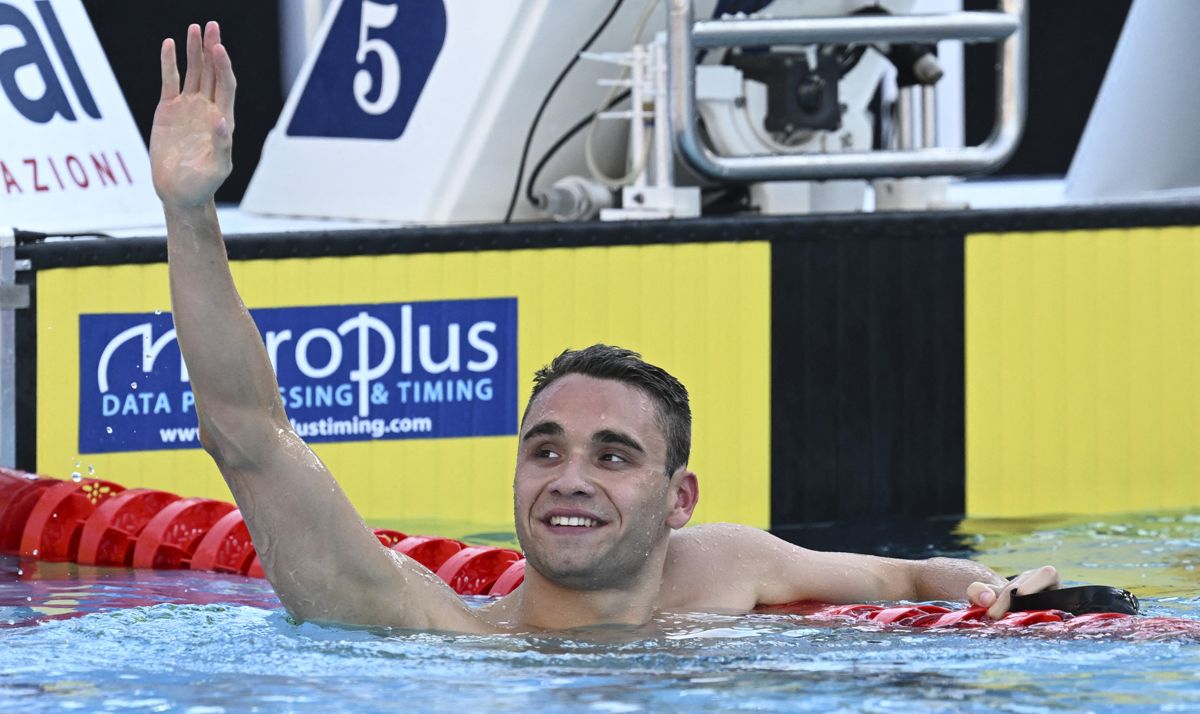
WHICH SWIMMERS WILL JOIN KRISTÓF MILÁK?
Based on the World Championships in Budapest last June, Kristoff Milák is a sure (gold) favorite in Paris. But of course, the word "sure" should be used with caution in any sport – even though Balázs Virth's swimmer set another world record in the 200 butterfly at the Duna Aréna, and showed that he is the king of this distance and that no one can come close to his throne. But in Milák's case, we can perhaps use the word "sure," as he has been unbeatable in this event since 2018.
Whether others will join him in Paris remains uncertain, but we hope to see another Hungarian swimmer on the Olympic podium in the summer of 2024.
Such as Boglárka Kapás, whose life last year was not dominated by swimming, but rather illness, injury, family grief, and her wedding at the end of the summer and the honeymoon that followed. But we can also hope that some of our youngsters will make it big in the City of Love - like one of our lovers who chose his partner in the sport: Dávid Betlehem, who excelled in open water in 2022, but head coach Csaba Sós has not yet given up on him in the pool. With him, we have turned to the "other" swimming, where we again have a good chance, and the discipline also brought back a silver medal from Tokyo thanks to Kristóf Rasovszky.
But in order to celebrate as many Hungarian swimming successes as possible in Paris, we must first win the quotas: in the pool by completing the very strong A-levels, and in open water, by an excellent performance at the World Championships.
THREE FENCING TEAMS COULD BE IN PARIS
If it’s the Olympics, Áron Szilágyi must be there.
Even those who are not sports fans already know this statement, which is slowly becoming an axiom. Our legend, who is preparing for his fifth Olympics, performed an unprecedented feat in Tokyo, as after London and Rio, he won the saber individual event in Japan, as well as won a bronze medal with the team. Since then, he has been unable to lose, and last summer, he also won his first individual world championship title. This discipline is expected to be at the forefront in Paris as well, and we hope that, in addition to the men, the ladies will also put themselves out there. That they can do it is also proven by the historic summer gold: the quartet of Sugár Katinka Battai, Renáta Katona, Liza Pusztai, and Luca Szűcs won the first Hungarian world championship gold in the discipline in July in Cairo.
Our épéé fencers aren't doing too bad either. Our men's team is fourth in the world rankings, and if it only holds this position until the end of the qualification period, it will be a sure participant in Paris. The situation is not so bright for women: there, we can have an individual quota with Anna Kun.
Individual qualification is also "easier" for our fencers, but the feat was also achieved before Tokyo, as our women's team reached one of the quota places.
The qualification period begins on April 1 and lasts for one year: eight teams can participate in the Olympics. After the top four in the world rankings, quotas are distributed among the best of the continents, after which the individual quotas are allocated. If a team from a country qualifies, four fencers can travel to the Olympics and have three competitors in the individual competition; if the national team of the given country does not qualify, one individual quota can be obtained.
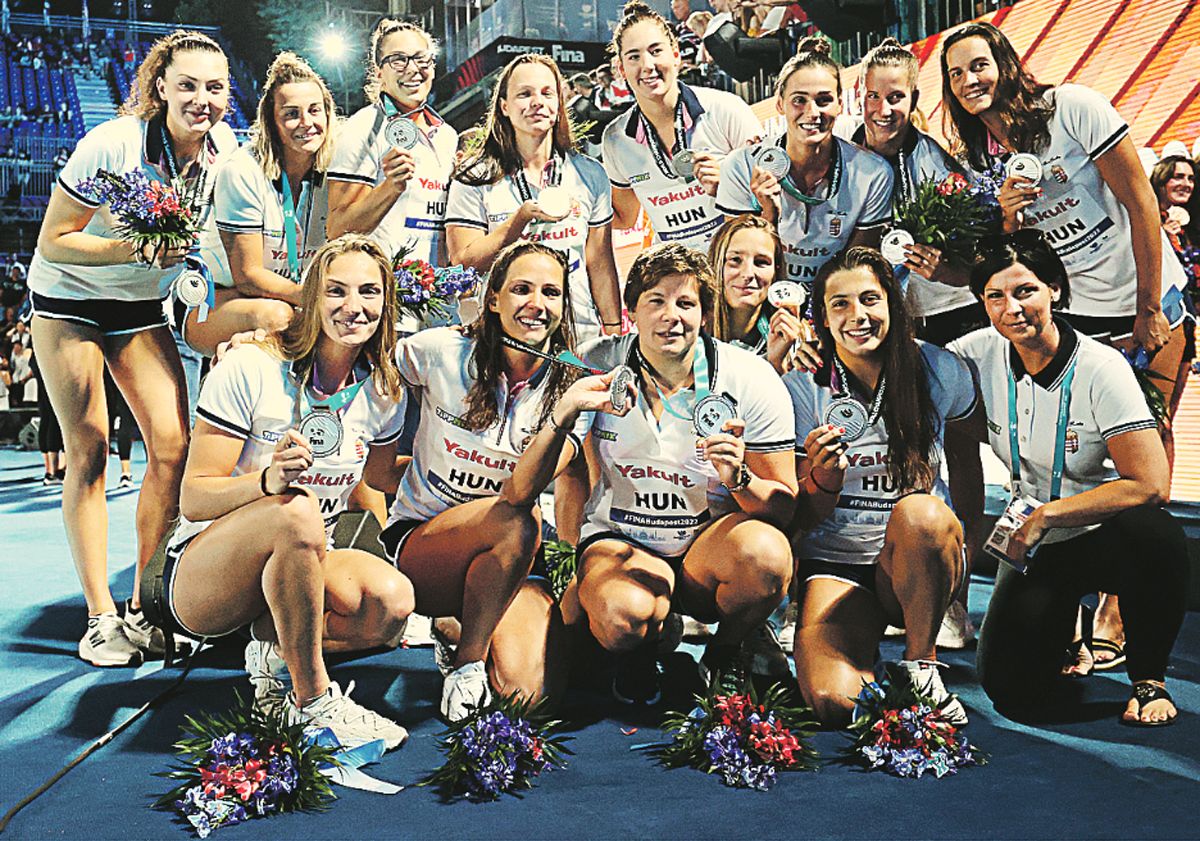
OUR WATER POLO TEAMS ARE STILL TO BE COUNTED ON
Having achieved historic success in Tokyo, both of our water polo teams won a bronze medal, and the two teams showed that they are among the best this year as well – however, interestingly enough, not at the same international tournament. At the World Championships held in Hungary, the women stood out for themselves, Attila Bíró's team won the silver medal in an amazing atmosphere. Then the team, which was a reserve one due to rests and injuries, was unable to perform just as well at the European Championship in Split and finished in fifth place. At the end of the year, the national team showed its true abilities by winning the silver medal (by defeating the USA again in the semifinal) at the World League.
The men took the exact opposite route, finishing only seventh at the World Championships, after which Zsolt Varga replaced Tamás Märcz on the bench. The rejuvenated team won a silver medal at the European Championships with Varga, which sent a strong message to the rivals, including with a knockout victory against the Serbians, or by suffocating the play of the Montenegrins and the Spanish team. Both teams have to get used to the double workload because this year the World Championships and the European Championship will be held again. Moreover, it is possible to get a quota for the Paris Games there, where both our teams would fight for the gold medal.
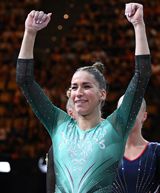
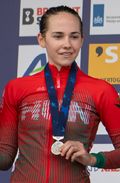
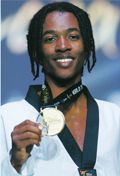
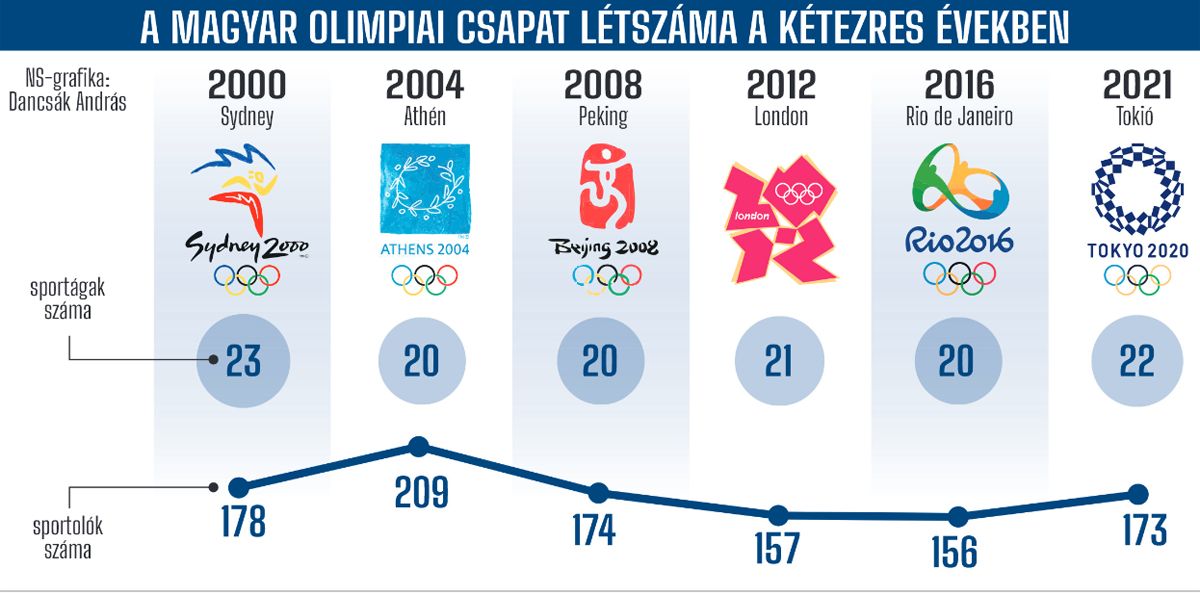
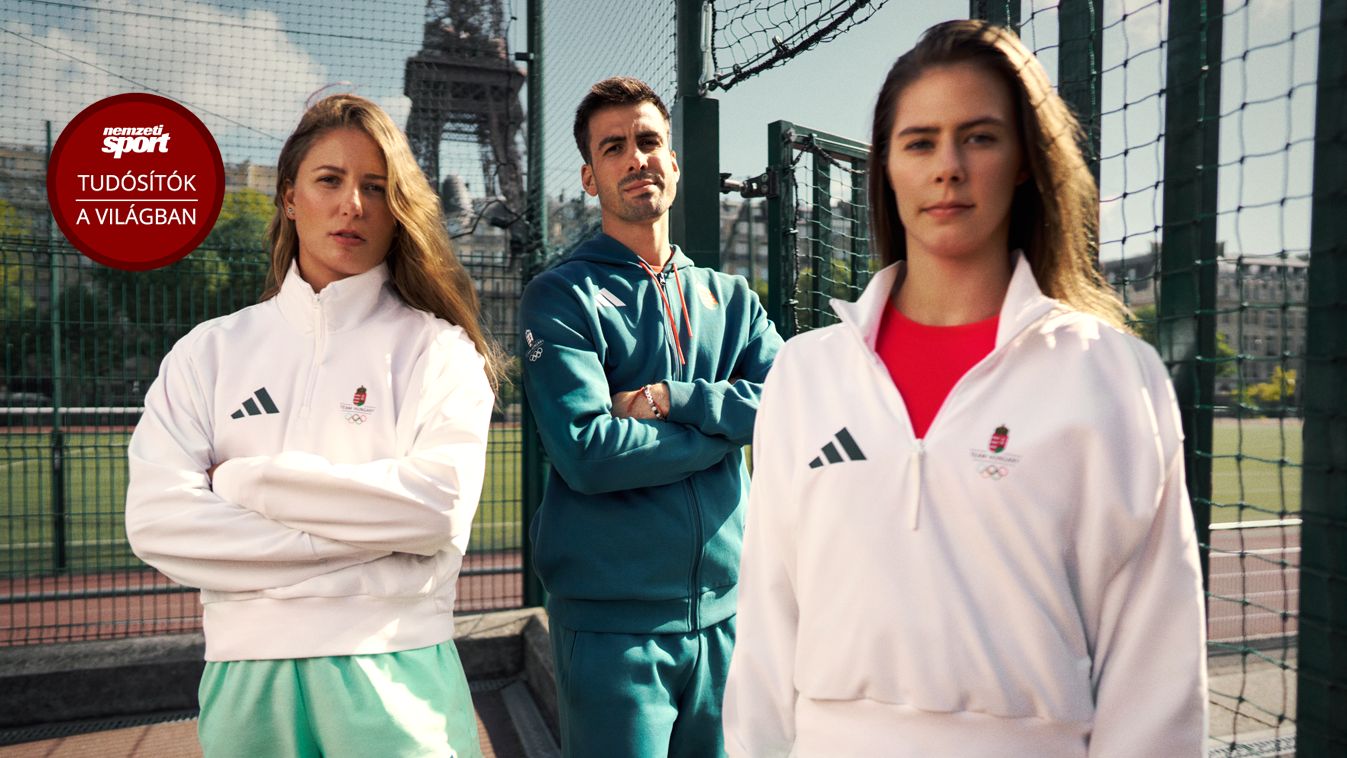
Párizsban már most nyert a magyar csapat
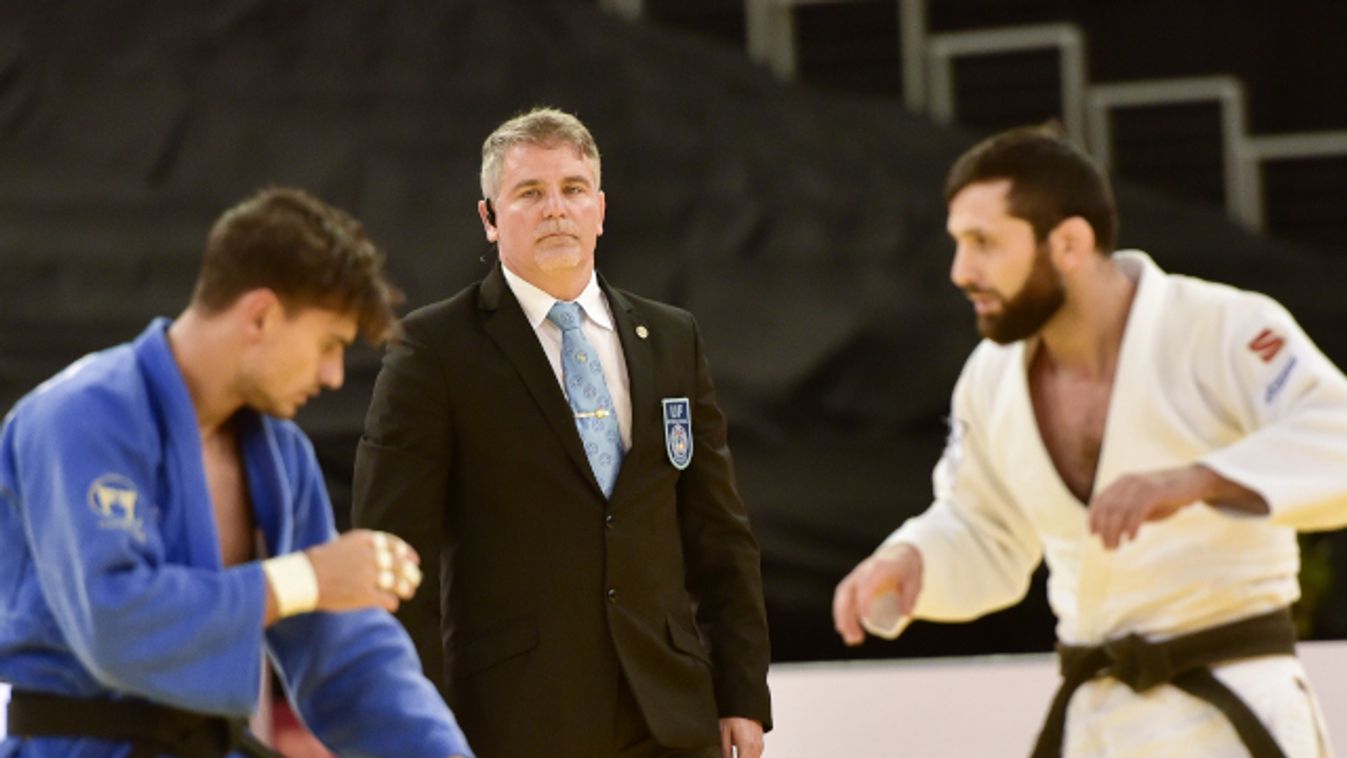
Cselgáncsban magyar bírók is lesznek Párizsban
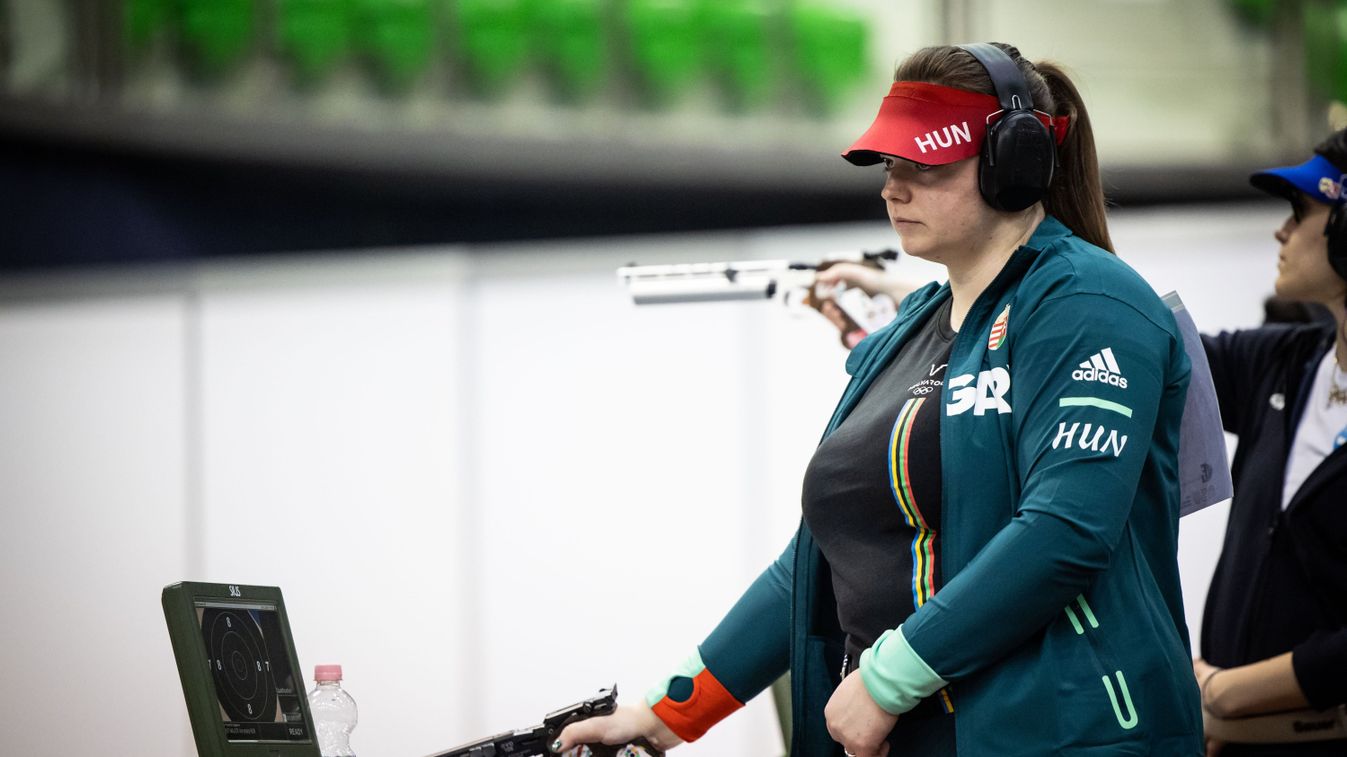
Major Veronika olimpiai kvótát szerzett sportpisztolyban

Ilyen még nem volt: aranyat lövell ki egy vulkán

Bugyi nélkül fotózták a Magyarok Világszépe királynőjét

Házasság első látásra: kiderült, mi van Bogi és Csabi között

Alba Aréna: megnyílt Magyarország legújabb sportarénája – fotók

Váratlan fordulat Dárdaiéknál, óriási bejelentést tett a Hertha

Ma éjjel Izrael megtámadta Iránt

Tangás fürdőruhára vetkőzve ünnepelte születésnapját Szőke Zsuzsi

Szenzáció: Zidane nyártól sztárcsapat edzője lesz

NB II: súlyos sérülése után két góllal és gólpasszal tért vissza az ETO fiatal támadója

NS-infó: rendkívüli szponzori szerződést köthet a Ferencváros egy világvállalattal

Teljes az elődöntő párosítása a BL-ben, az El-ben és az Ekl-ben – íme, a program!








